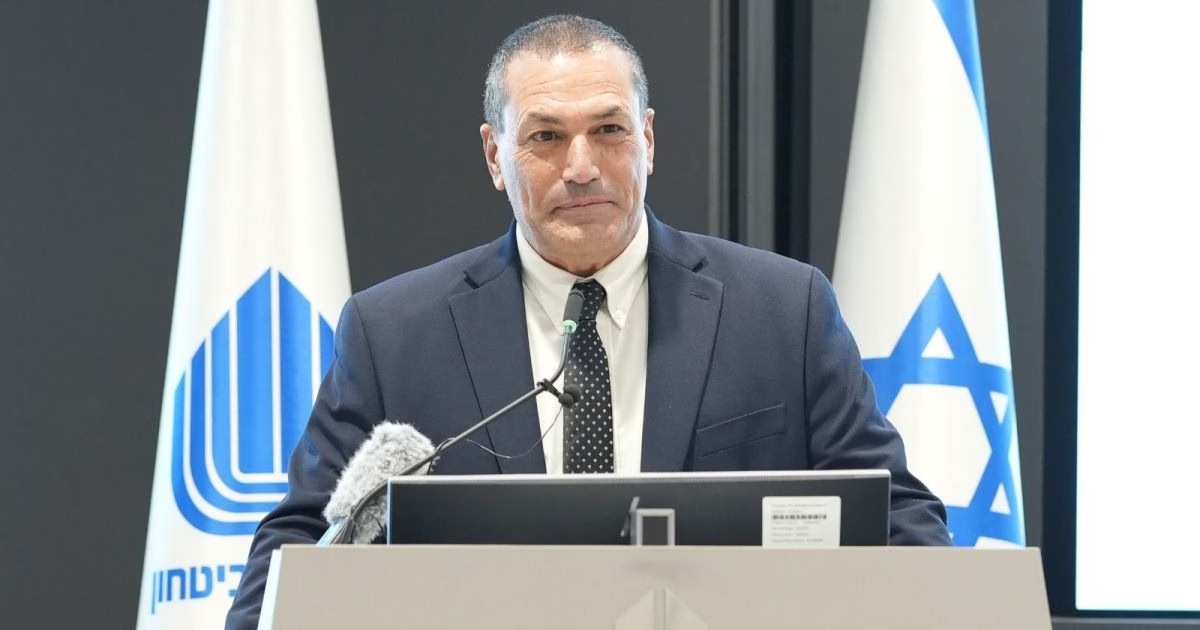Taking the reins from Lieutenant General Herzi Halevi, Zamir comes into the role after Halevi’s resignation in January, following the release of a report on the military’s failure during the October 7, 2023 attack by Hamas.
The government, under Prime Minister Benjamin Netanyahu, has declined to investigate its shortfalls on that day.
Defence Minister Israel Katz, alongside Netanyahu, chose Zamir for this role last month. He will be responsible for all Israeli military operations, including those in Gaza, Syria, and Lebanon.
Insights into Zamir’s Background?
A considerable amount.
Zamir has been in consideration for the chief of staff position twice, but the role was awarded to Halevi and his predecessor, Aviv Kohavi, on both occasions.
Zamir was enlisted in the military in 1984 and progressed to positions such as commander of the 7th Armored Brigade in 2003 and the 36th Armored Division in 2009.
Importantly for his future success, he served as Netanyahu’s military secretary from 2012 to 2015, followed by three years as the leader of Israel’s southern command.
During his tenure in the southern command, his troops faced Palestinian protesters from Gaza participating in the Great March of Return, resulting in over 150 deaths and 10,000 injuries, including vulnerable groups such as children and journalists.

Following the death of 16 Palestinians on a single day in May, Zamir defended the military’s actions, asserting they were “identifying attempts to carry out terror attacks under the camouflage of riots”.
In 2021, he left military service and moved to the United States, where he served as a visiting research fellow, returning to Israel in 2023 as the Defence Ministry’s director-general.
Insights into Zamir’s Views?
His preference for combat is evident.
In his first speech after his appointment on March 1, Zamir stated that 2025 will “be a year of combat”, despite Israel’s commitment to ceasefires in its conflicts with Gaza and Lebanon.
He emphasized Israel’s need for self-sufficiency and the intention to develop its own weapons, without acknowledging the significant military support it receives from the US.
“We were all raised on the principle: ‘The State of Israel will defend itself by itself.’ Now, I am telling you that Israel will also produce its own weapons independently, in the face of any threat or scenario,” Zamir declared.
He has strong views on confronting Iran and other perceived adversaries of Israel.
Zamir has defended the controversial practice of “collective punishment” against groups labeled as “terrorist populations”, a practice that is forbidden by international law.

Reactions to Zamir’s Appointment?
Predictably, hard-right members of Netanyahu’s cabinet have applauded Zamir’s appointment.
Israeli Finance Minister Bezalel Smotrich stated that under Zamir’s leadership, coordination with US President Donald Trump for a Gaza occupation is underway.
Netanyahu praised Zamir, citing his dedication to the country and his proactive stance, foreseeing significant achievements that could transform not just Israel but the entire Middle East.

Impact of Zamir’s Appointment on Israel’s Future?
It certainly could.
Several high-ranking military and security officials have resigned or seen their promotions delayed, creating a leadership void that Zamir and, by extension, Netanyahu can mold to their preferences.
Historically, the position of army chief has often led to further prominent political careers. Past chiefs of staff have gone on to become prime ministers and defence ministers.








